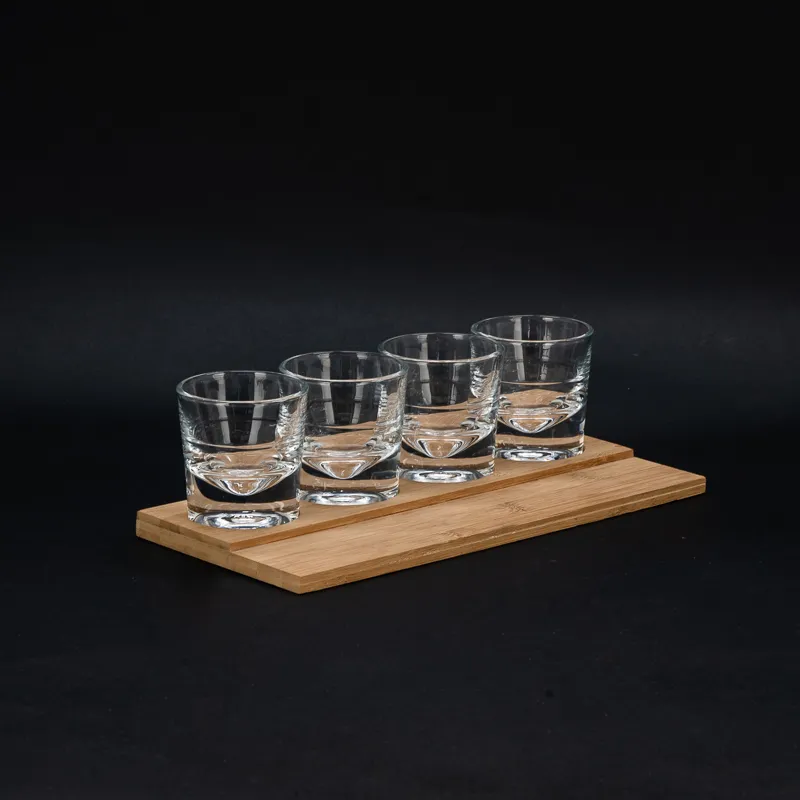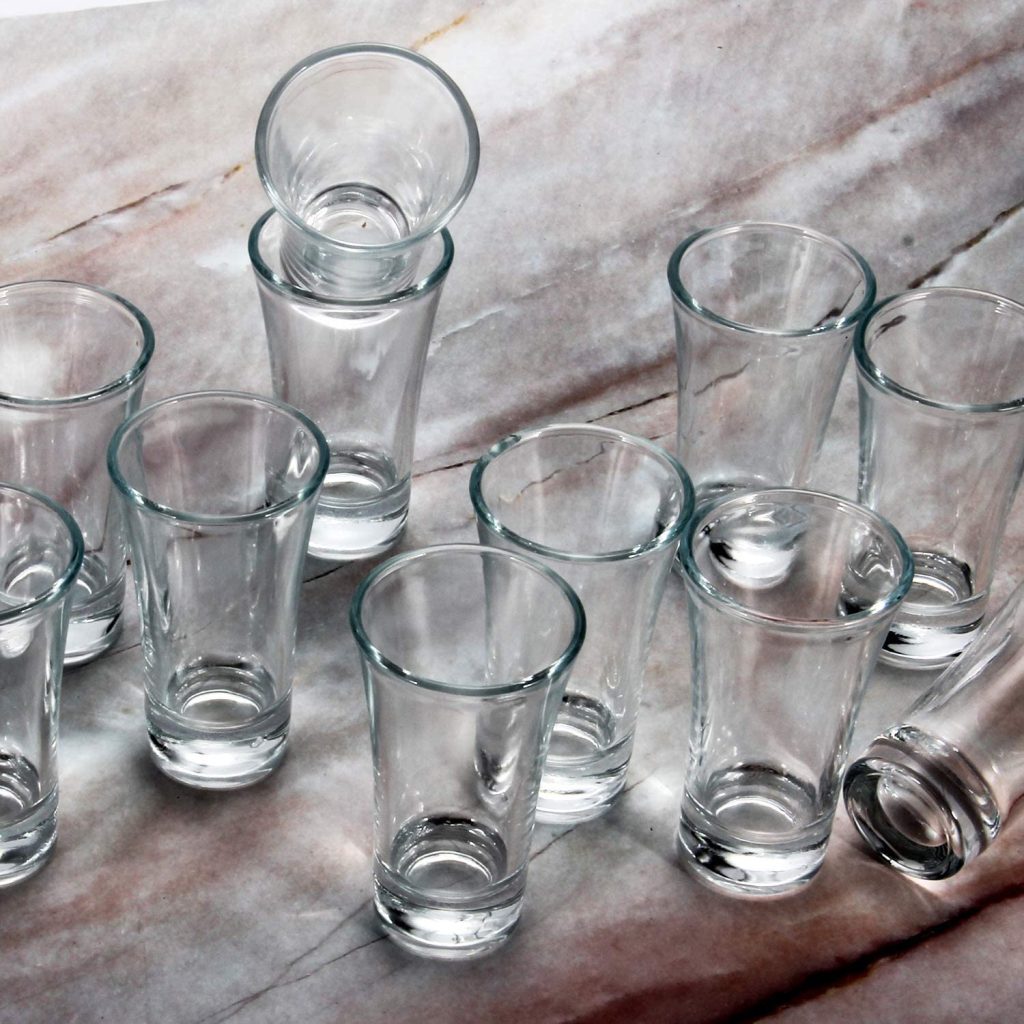Glass is a solid, amorphous (non-crystalline) material that is typically transparent or translucent. Here are some of the main characteristics of glass:
- Hardness: Glass is a hard material and can withstand significant amounts of pressure.
- Transparency: Most types of glass are transparent, allowing light to pass through.
- Brittleness: Glass is brittle and can break easily if subjected to sudden shocks or impacts.
- Non-porous: Glass is a non-porous material, which means that it does not absorb liquids or gases.
- Inertness: Glass is chemically inert and does not react with most substances. This makes it a good choice for containers that hold chemicals or food.
- High melting point: Glass has a high melting point, which makes it suitable for use in high-temperature applications.
- Low thermal conductivity: Glass has a low thermal conductivity, which means that it does not conduct heat very well. This property makes it useful as an insulator.
- High electrical resistance: Glass is an excellent electrical insulator due to its high electrical resistance.
- Durability: Glass is a durable material and can last for a long time if it is handled properly.
- Recyclability: Glass is a recyclable material and can be melted down and used again to make new glass products.



